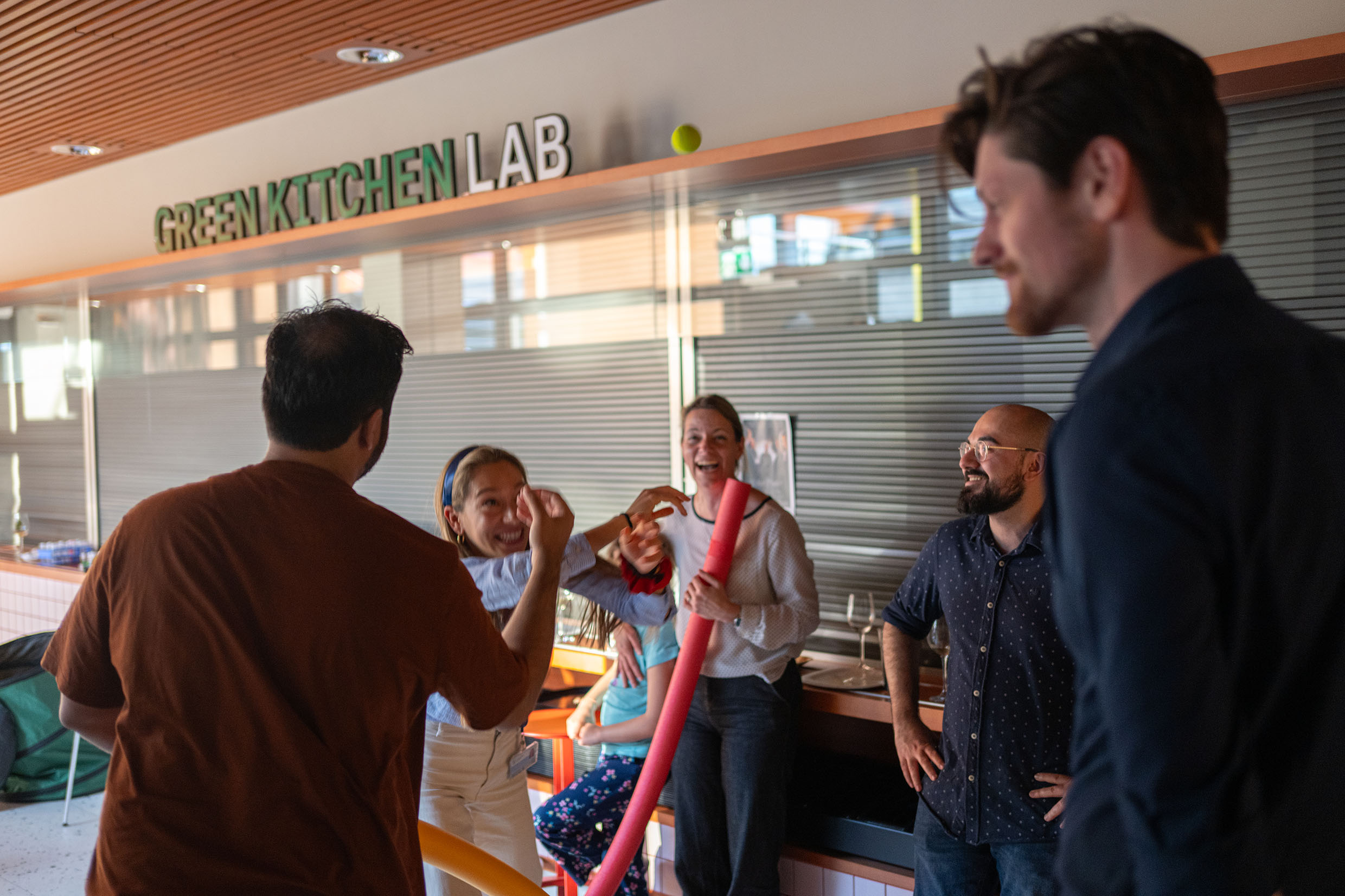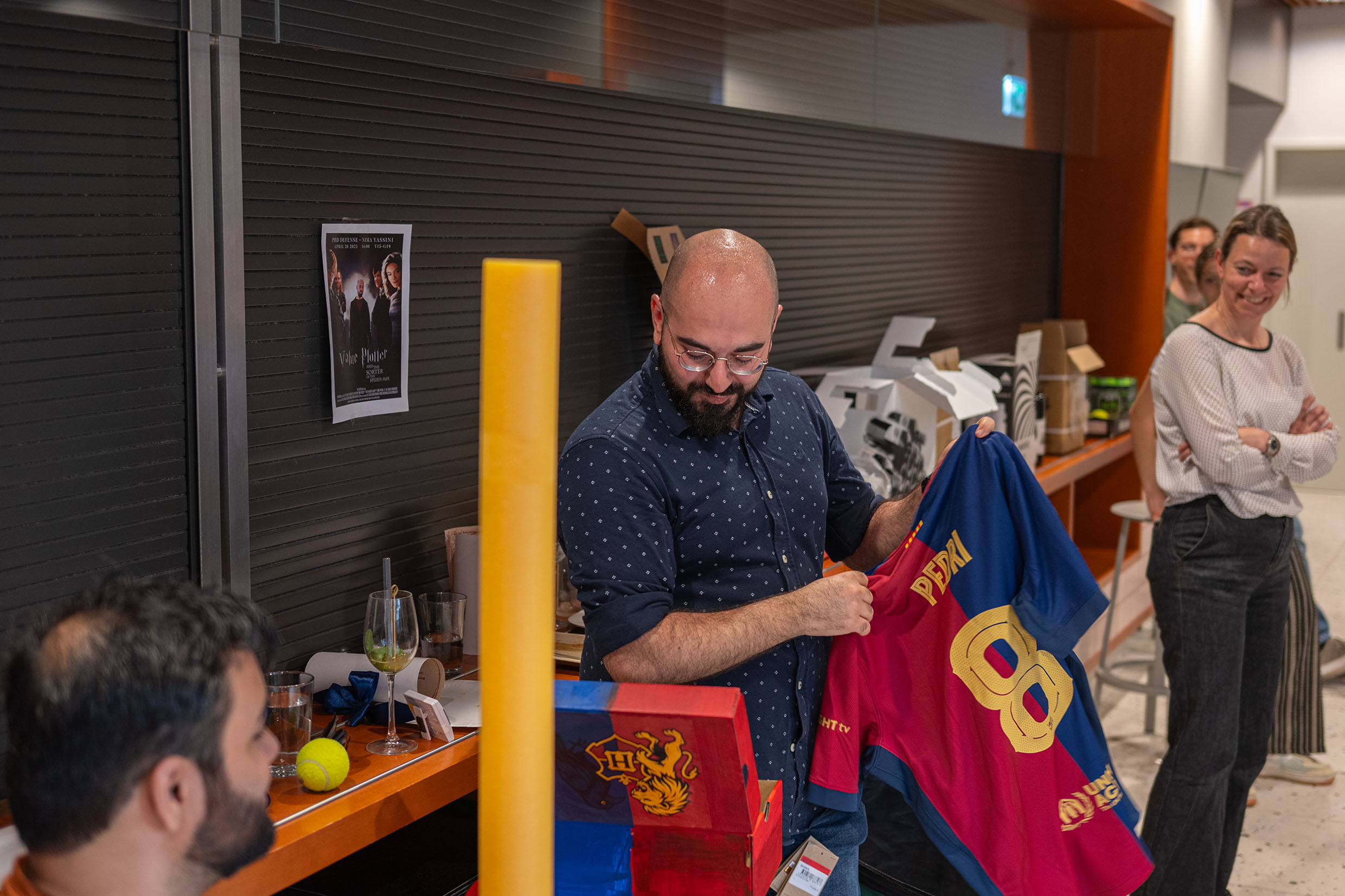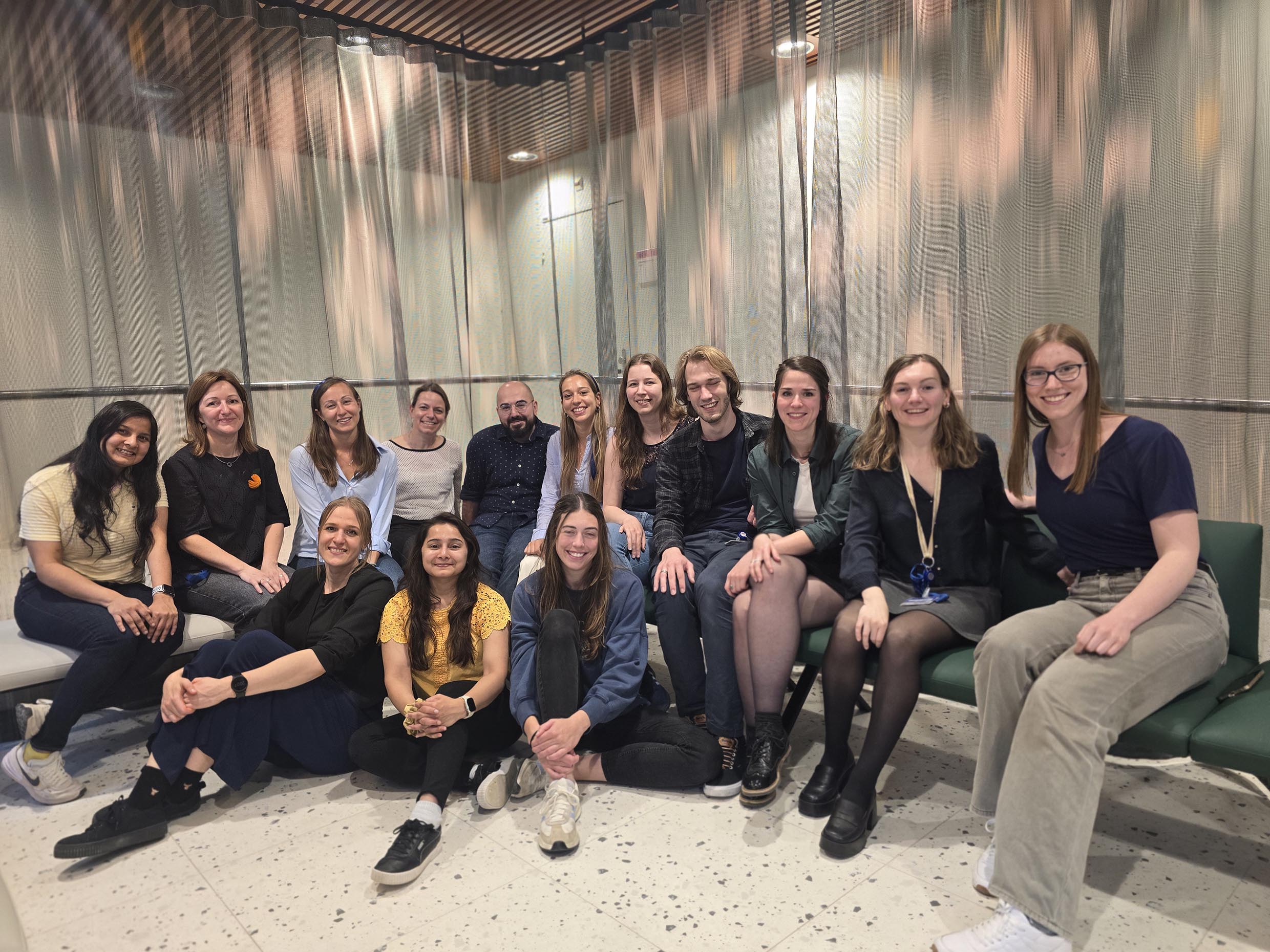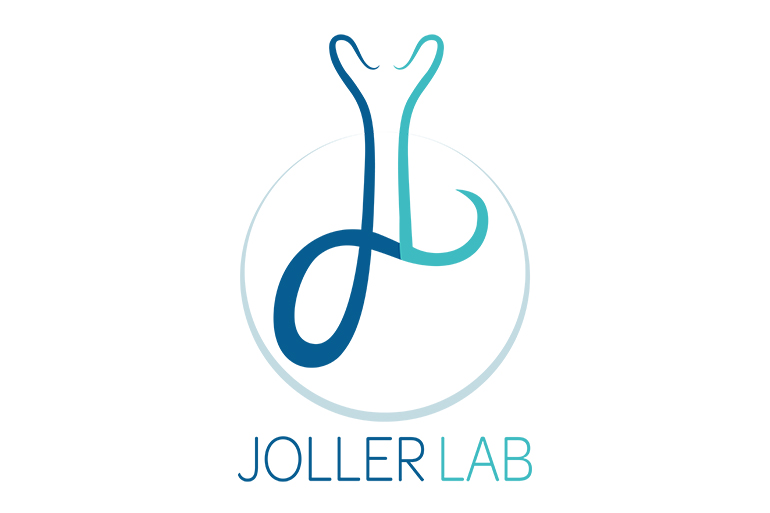Nima Successfully Defends His PhD Thesis!
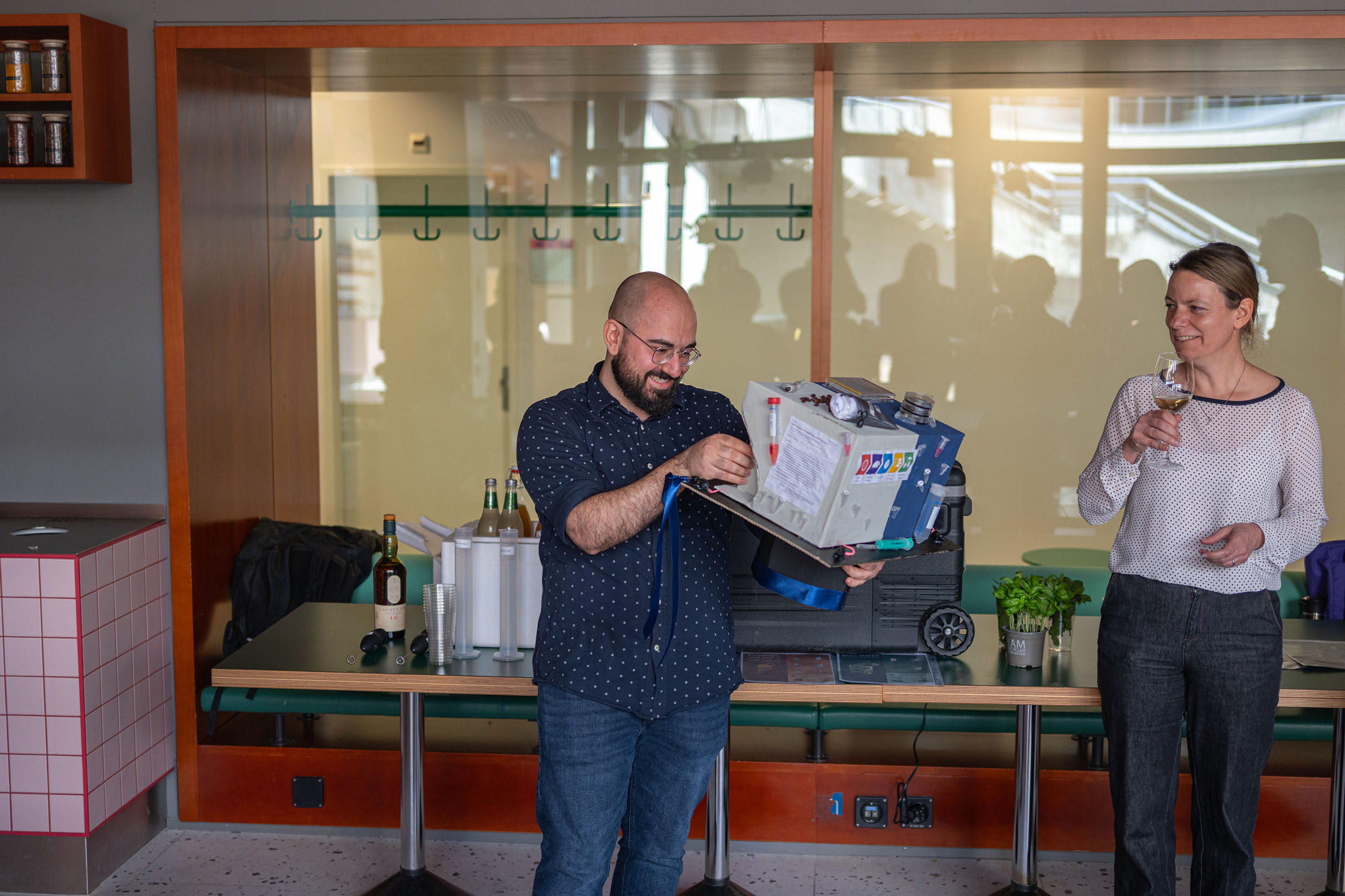
Nima Yassini has successfully defended his PhD thesis. You can find the summary below.
Understanding CD4 Innate Acting T Cells and Their Role in Heterologous Challenges
The adaptive immune system is responsible for the specific responses to infections, and it carries out the immune system’s capability to remember past pathogen encounters. Through this immunological memory, a faster and more potent response is mounted, which results in an accelerated clearance of pathogens. CD8 T cells and type 1 helper T (Th1) cells specialize in the response against intracellular infections by viral and bacterial pathogens. To become activated, naïve T cells require the recognition of antigen through their T cell receptor (TCR) and stimulation through co-stimulatory and cytokine receptors. Once activated, these cells can carry out their effector function, which in the case of Th1 cells is the secretion of the cytokine IFN-g. In the event of a re-infection, memory T cells can recognize the pathogen again through their TCR and mount an antigen-specific memory response. However, in some cases, memory T cells can also respond in a TCR-independent manner, thereby participating in heterologous immunity by carrying out effector responses regardless of the antigen.
To understand how past infections influence the immune system in its responses against unrelated secondary (heterologous) challenges, we used an acute viral infection to generate memory CD4 T cells and examined their role in the clearance of a local bacterial challenge as well as in the development of autoimmunity. We could demonstrate that virus-specific memory CD4 T cells are rapidly recruited to the infected or inflamed site and produce IFN-g in a TCR-independent manner. This innate acting T (TIA) cell response resulted in superior clearance of the heterologous bacterial infection, and it could be evoked by cytokine stimulation with IL-12 together with IL-18 or IL-33. To acquire the capability to respond to cytokine stimulation alone, naïve murine or human CD4 T cells required classical activation through TCR and CD28 stimulation. The migration to the lungs infected with Legionella pneumophila was dependent on the receptors S1PR1 and VLA-4, as their blockade abolished the protective response. In contrast to the heterologous protection in the bacterial challenge, the CD4 TIA cell response caused an earlier onset of autoimmunity. Taken together, this study highlights that CD4 T cells can acquire additional TCR-independent functionality to mount rapid, innate-like responses that modulate heterologous disease outcome.
